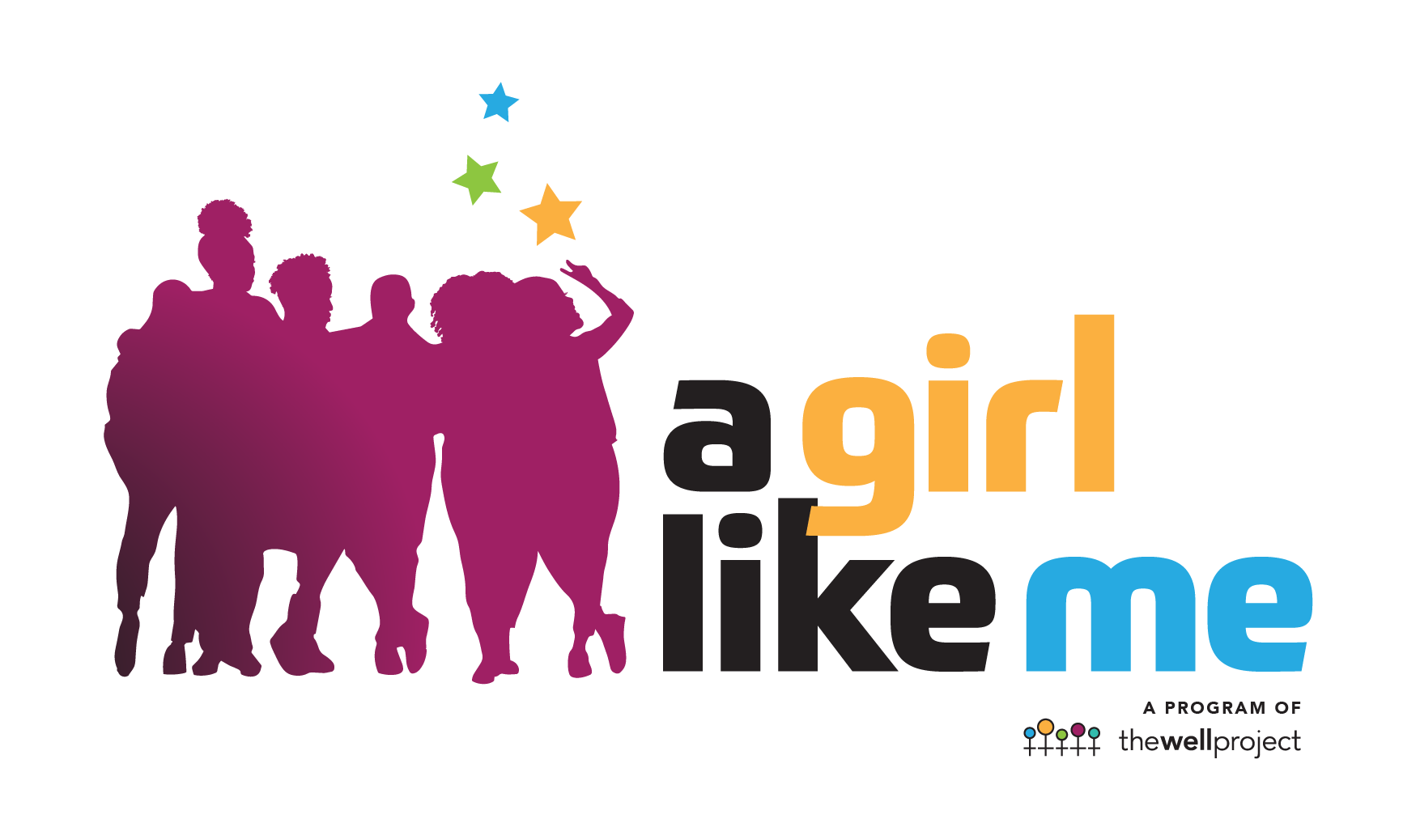“I still have a dream,” said Martin Luther King, “it is deeply rooted in the American Dream.”
Earlier in history, Henry David Thoreau was quoted as saying: “Go confidently in the direction of your dreams. Live the life you’ve imagined!”
Dreams that are tied to a confident, better you, tied to career goals and an impact in society, are of the few remnants of our innocent and wondrous childhood fantasies. However, in reality, many of us see career goals bringing personal happiness as fictional as wishing on stars. Discrimination, HIV stigma and social statuses seem to plant us in mud, with a generous percentage of people just achieving enough to manage the next breath.
There are times that hope shines through the dense polluted clouds of realism, and we find ourselves thinking that by chance a rare opportunity is afforded to our lives. An unforeseen position, promotion, or opportunity teases us with the goals of fantasy coming into the waking light and telling our stories in all facets of public health. If only for a moment, the thought of living our ‘lottery of life’ enters the mind and holds root within the desert of desperation. The dream continues to be just that: an occurrence within our minds that never quite translates into our reality.
Hope can be manufactured into dreams coming true, outside the realm of “princesses castles’ and ‘heroes destined to change the world.” My own foray into the world of HIV advocacy, and activism for an underserved and vulnerable population has so far seen many of my dreams come true, while at the same time having no visibly viable resources to speak of to many in my community.
I now find myself to be the Deputy Executive Director of the Transgender Strategy Center, devoted to the needs of my community, in an area where, historically, there has never existed anything like what we created. It had only previously existed in my dreams.
Here are the main ten steps that could assist you with achieving the same for yourself.
1. Simplify your life.
2. Don’t hesitate for opportunities within your ability.
3. Join HIV committees/boards. Volunteer.
4. Network socially. Network online. Network.
5. Make relationships with organizations with a similar mission.
6. Form a coalition.
7. Find volunteers/pro-bono contractors.
8. Search for sponsors to conferences and trainings.
9. Realize realistic time factors.
10. Whatever you do, just don’t give up.





















